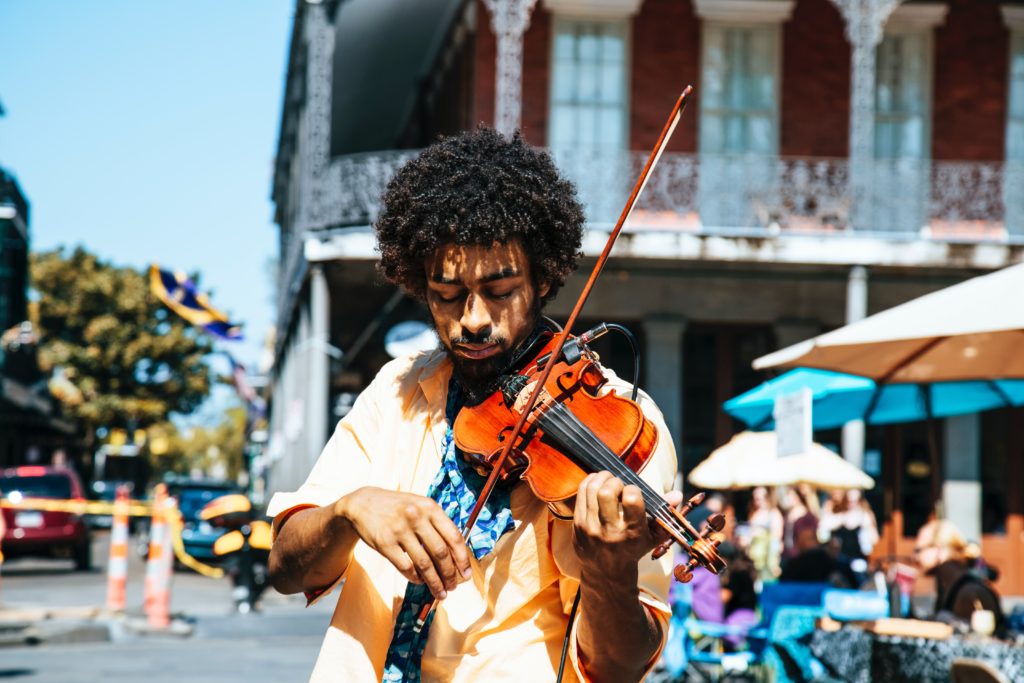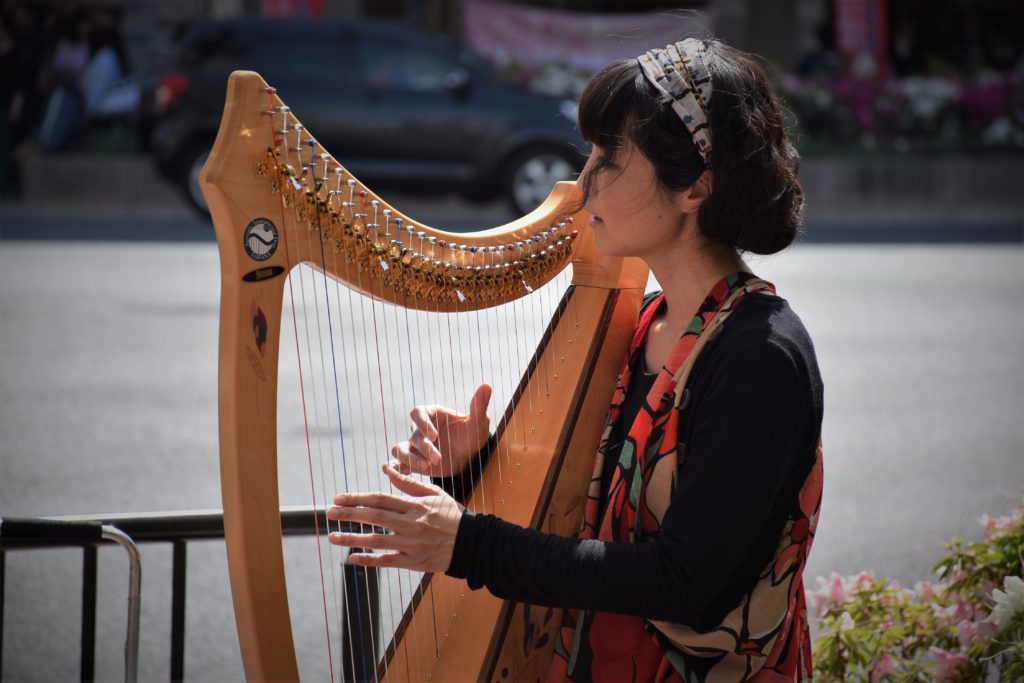By Megan Tran, Sarah Ta, Sarah Selke, and Rachel Priebe
[13 minute read]
Editor’s Note
As the Covid-19 pandemic has continued through the spring semester, wrapping up a year at USC which no one could have foreseen, many of us are left feeling disconnected from our friends and peers who we socialized with regularly before the pandemic. This can be a very isolating feeling, despite the fact that most people are experiencing these exact circumstances at the present moment. Below, ALI leaders have shared their own advice and experiences on how to stay connected with your friends and make your online interactions a bit more entertaining!
-Natalie Grace Sipula, Editor
FUN WAYS TO CONNECT WITH FRIENDS VIRTUALLY
By Megan Tran
The Covid-19 pandemic has really pushed all of us to think creatively when it comes to activities we can do safely with friends and family. Since we may not be able to see each other in person, it’s good to come up with alternative activities to do online to keep our friendships and relationships strong. These activities allow us to still stay in touch with our loved ones from the safety and comfort of our homes. Making the effort to connect with people is extremely crucial in a time like this in order to combat the feelings of loneliness that quarantine can bring about. I have listed some of my favorite activities for remaining connected virtually below!

Game Pigeon– These games on iMessage used to be all the hype when they first came out but have since been long forgotten. I’ve recently started playing them with my friends and realized I had forgotten how much fun they are! Game Pigeon has a wide variety of games to choose from so you can find the perfect one to play either against one opponent or with a group of friends. Anyone who has access to iMessage is able to play. Cup Pong, Crazy 8, and Sea Battle are just a few of my favorite games!
Virtual Movie Nights– One of the things that I miss the most about pre-Covid life is being able to go to the movie theater. But now there are ways to stream and watch movies with your friends without having to be in the same room! With websites like Netflix Party, you can have watch parties and long-distance movie nights where you’ll be able to synchronize video playback and utilize the chat rooms to share your reactions. I think a current must-see TV show is Queen’s Gambit.
Virtual Escape Rooms– This is something I haven’t personally tried yet, but I’ve been wanting to because it seems so fun! I used to love doing in-person escape rooms with my friends as a fun way to test our teamwork and problem-solving skills. This virtual activity would be best to do with a large group of people to maximize your chances of winning. They come in many different themed adventures, like Hogwarts or bank heist, so it’s easy to find one that everyone will be interested in.
Zoom Happy Hour- This one is for those of us who are 21 and older only! With the majority of bars closed, most of us miss being able to go out and get drinks with friends on a Friday night. But who says you still can’t? You could host a Happy Hour on Zoom with friends and spice things up by playing a fun drinking game.
Collaborative Playlists– Music is something that always brings people together. Even though we can’t go to concerts or music festivals right now, we can still share our love of music with one another! Collaborative playlists on Spotify are a good way to keep in touch with others. My friends and I have a Spotify playlist where we each add our favorite song for that week, and after a couple of months, we already have such a long and diverse list of songs!
HOW TO STAY CONNECTED DURING QUARANTINE
By Sarah Ta
When self-isolation was first mandated back in March, no one expected that it would continue for the rest of the year. Other parts of the country started opening back up at various times, with varying degrees of success, but Los Angeles county has remained diligent in its efforts to not reopen sooner than necessary to prevent an outbreak. Like many others, I have stayed at home as much as possible to do my part in protecting those who are immunocompromised, and while we all know that it was the right thing to do, it doesn’t make missing our family and friends hurt any less. As the year went on, I found new ways to connect with my loved ones without jeopardizing anyone’s health. Reaching out to friends through social media is still by far the easiest and most straightforward method, but if you’re looking for some new ways, here are a few of my personal favorite methods I’ve been using for the past few months!
Join an Organization on Campus– This may be a cliche suggestion, but from my personal experience, I can confidently say that joining a cultural organization completely transformed my USC experience. I’ve been a part of the Vietnamese Student Association for two years now, and the community it has given me is irreplaceable. I know that joining an organization virtually is not the same as attending events in-person, but most clubs are still hosting virtual events with their members and would love to have you join them. These events also give you a chance to interact with people outside of a virtual classroom setting. While it can sound exhausting to be in another Zoom call, it’s less like a class and more like a fun group video call. Also, the people who attend virtual club events are also there to meet new people, and once you find the right organization for you, it will feel like you’re hanging out with a large group of friends.

Teleparty (formerly known as Netflix Party)- Like most friend groups, my friends and I love watching movies and shows together as a way to bond or just to relax after a hard week. Quarantine may have prevented us from having physical get-togethers, but it hasn’t stopped us from having virtual ones. Teleparty is an extension that synchronizes video playback so we can easily watch a movie together. It’s completely free, and while it does lack a video call function, that can be solved simply using a separate video calling platform (such as Facetime or Zoom) to chat in real-time while watching the movie. It can support Netflix, Disney Plus, Hulu, and HBO, so there’s plenty of options available no matter what streaming platform you prefer.
Discord– If you have a large group of friends and struggle to keep all of your group chats organized, this might be the platform for you. Each ‘server’ is organized into ‘channels,’ which allow different conversation topics to be separated. Anyone can create a server, and since a server can only be joined via invite, it can be as private or as public as you want it to be. There is a small learning curve if you’re not used to the layout, but it’s relatively intuitive once you get the hang of it. My favorite part about it is that texting, voice chatting, and video calling is all on one interface, allowing users to easily switch between them with just a few clicks.
Schedule Video Calls– While staying connected is easier than ever, it can also make it harder to actually keep in touch. Reaching out is only a few taps away, but because it’s so accessible, it can be easy to push it off. Before you know it, it’s been months since you’ve had a genuine conversation with the people you care about. Scheduling video calls as you would a regular outing helps carve out space in your busy schedules to sit down and take a minute to catch up. It might seem a little awkward to set up something as simple as a video call, but I can promise you, having it marked into your calendar makes a world of difference.

Send Some Snail Mail– Lastly, if you’re looking for a break from being connected to the internet all day, try writing a physical letter and mailing it to your friends. Receiving a package you ordered online is always something to look forward to, but receiving mail you weren’t expecting is an even better surprise. It’s a more old-fashioned method of staying in touch and definitely a lot slower than shooting someone a simple text, but that only adds to the charm of it, and I can guarantee it’ll brighten the rest of the recipient’s week.
There are many other ways to stay connected while staying at home, but these five have been my favorite. Wherever you are in the world, I hope these tips can help you feel closer to your loved ones, or at the very least, remind you to reach out and reconnect with friends you might not have spoken to in a while. Best of luck, and let’s all do our part to get through this together.
DEALING WITH UNCERTAINTIES
By Sarah Selke
When I was younger, I used to hate waking up early to go to school. When my alarm went off, I would try to stay under my covers for as long as I could, but eventually had to rise since every second I lingered in bed was another second wasted. When I wake up now, time is no longer measured in seconds but in weeks. The days fade into one another much the same way we drift into sleep at night. I’m simultaneously surprised by how much time has passed and how little it has in the scope of a season. Perhaps time has always been an erroneous concept, however — we don’t recall things systematically but as asynchronous scenes. We measure things in befores and afters, and perhaps this is the only way we can differentiate the important from the trivial.
The pandemic is one of those divisive events that exacerbates the arbitrariness of the units we give time. And this is how I say farewell? I ask myself when contemplating the possibility of never returning to campus as a student. Except, to a certain extent, I never did feel as if I had found a home on the grounds that I walked on a near daily basis before. As someone who commuted to USC and therefore didn’t live near campus, it was the bus rides to campus that were the strongest familiarity to me – the only constant from semester to semester.

In the face of the future’s uncertainty, I’m reminded of the concept of negative capability. According to the concept’s founder, the English writer John Keats, negative capability is when we are capable of living in doubt and uncertainty without reaching out to facts or reason to justify the actions we take. It’s a mode of thinking that can apply to every stage in one’s life, but especially in moments of transition. You may not be sure of exactly where you’ll be or what you’ll be doing in a few years, but it’s important not to let the unknown intimidate you into avoiding any exploration. After all, many students do not follow a linear path towards a specific career. I’ve had my fair share of doubts and switched plans and come to realize that cutting possibilities out before even trying them is never beneficial. At the same time, I’ve realized that it’s important not to do anything halfway, which can often happen when juggling too many goals at once.
Ultimately, there is no constancy in our lives because nothing ever happens exactly as we expect it to. While I often see every transition as a farewell to something I used to take for granted, I know that ruminating on the past does not lead me anywhere. If you have been struggling with doubts and lack of motivation, I encourage you to set small, tangible goals that may not be inherently useful but once completed will make you feel as if you have accomplished something. I also find channeling any anxieties I have into art – especially music and writing – to be somewhat consoling. If you find yourself fatigued from working too long at a specific task, I highly recommend taking a break to work on something creative to help prevent burnout.
ONLINE FUN DURING THE PANDEMIC
By Rachel Priebe
It goes without saying that the pandemic has been difficult for most of us. With events canceled, online school, and the future being unpredictable, loneliness and stress are feelings shared by most. Fortunately, online events can help give us an escape from boredom, a place to build community, and the opportunity to learn new skills. While USC has many great online events, I’ve also found some other sources that provide a variety of unique activities.









